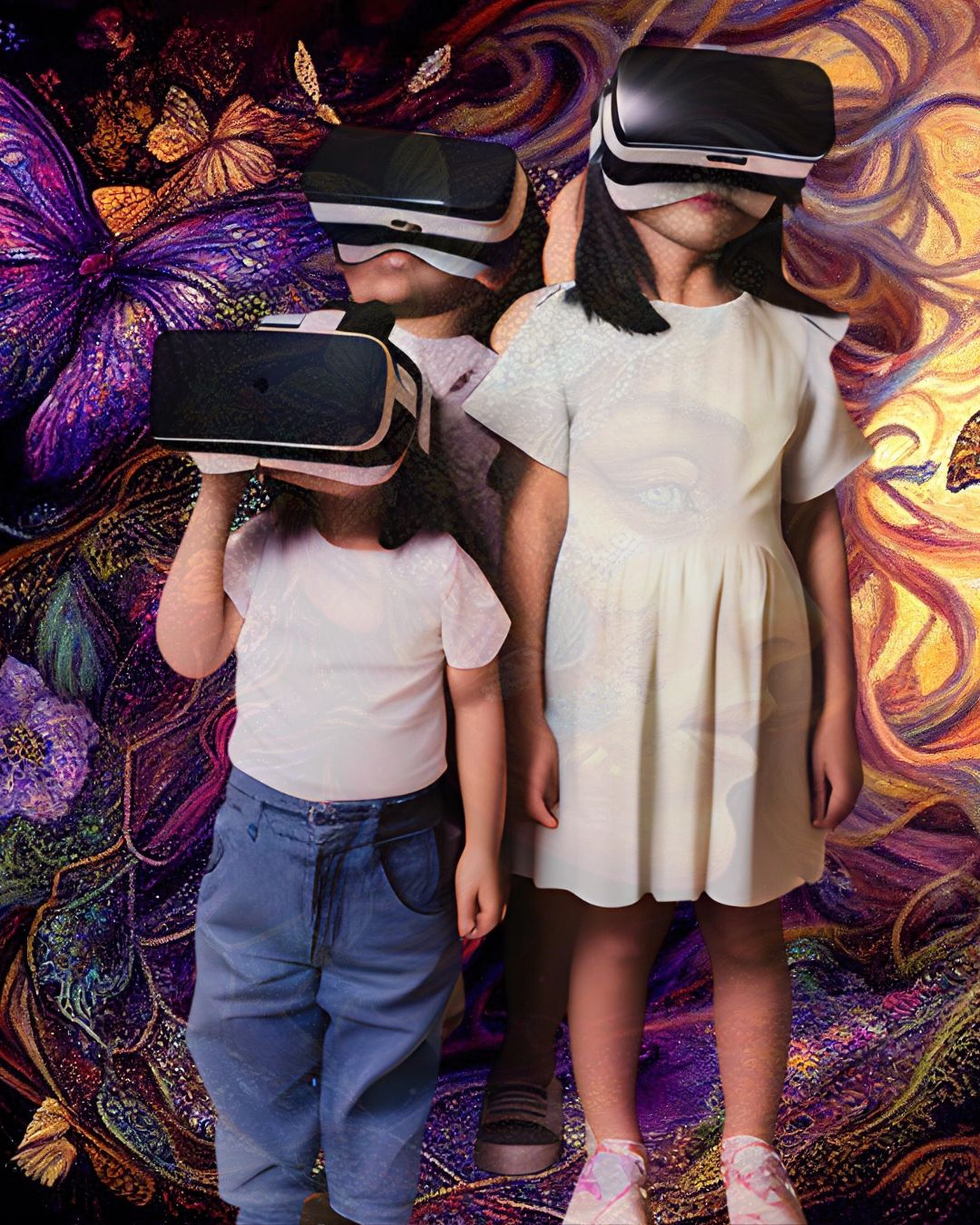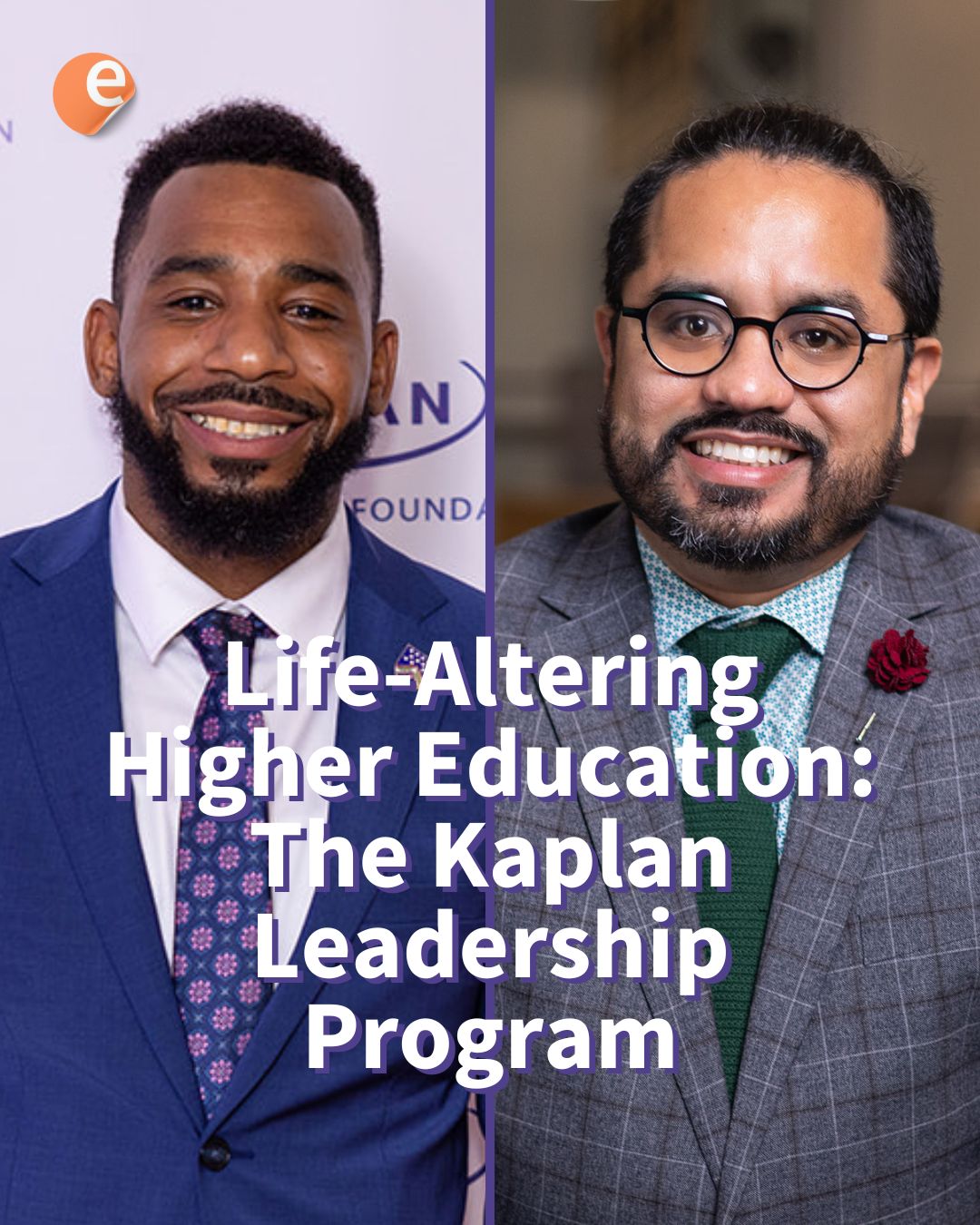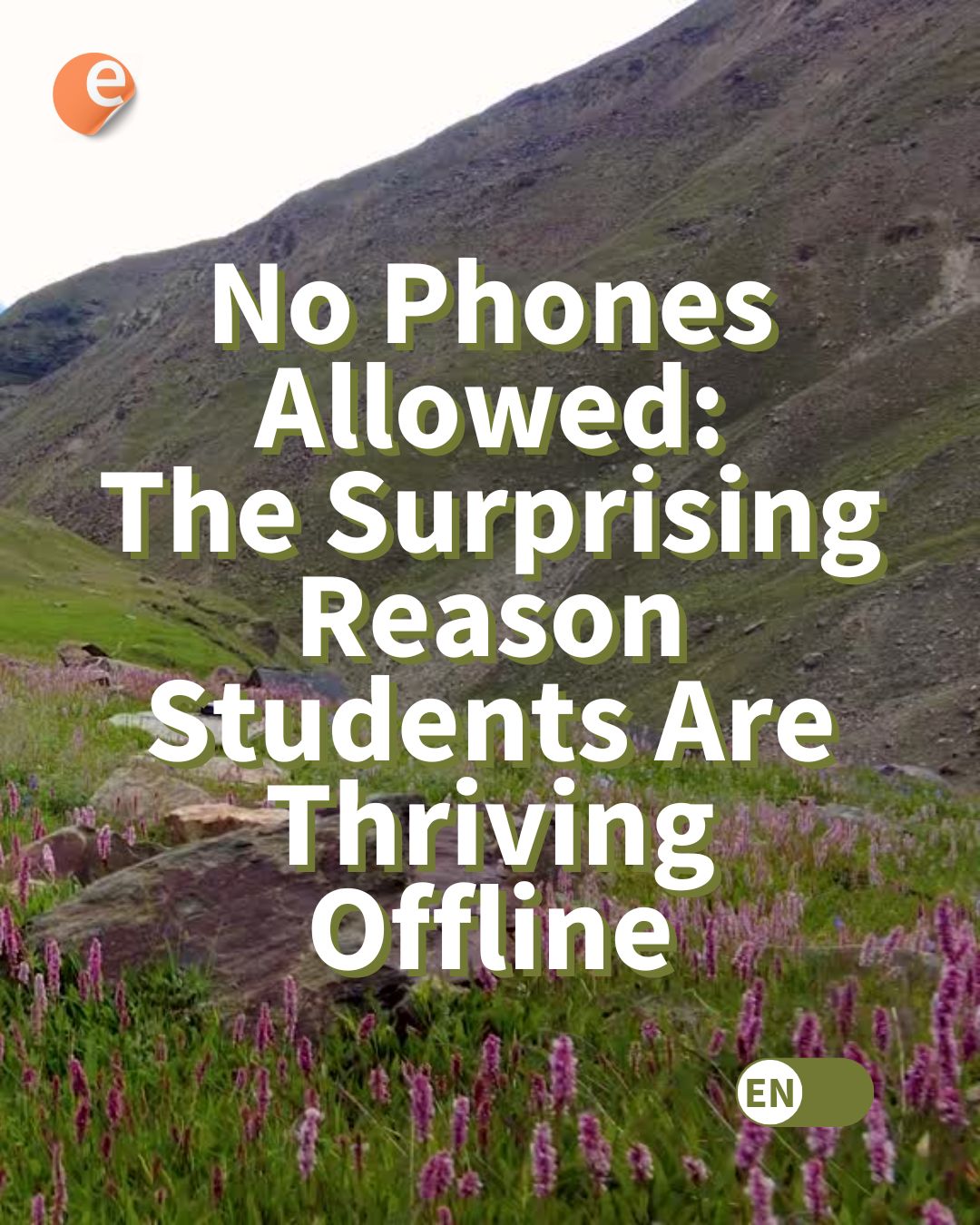- The current generation of Artificial Intelligence, including but not limited to “Generative AI” comes with serious implications for personalized learning—to the point of redefining our notions of “personalization”
- AI will enable a new age of personalized learning by creating adaptive curriculums, content, and experiences. Down the line it will profoundly transform programs, methods, and learning outcomes. However, these developments are contingent on a number of pending breakthroughs
- Though AI’s potential in this field is significant, substantial additional work is required on real-time personalization and “zero-tolerance” privacy safeguards
- In our view, AI isn’t going to replace schools or universities anytime soon, but AI-powered institutions will become the norm in a matter of years (and institutions that avoid AI entirely may struggle to remain competitive)
- Join our AI in Learning virtual summit to learn about, manage and unlock the true power of AI in Learning and Education. Get your free ticket now
Faster horses? Personalized learning before, during, and after AI
Until quite recently, personalized learning has been the name given to any effort that adapts a one-size-fits-all piece of learning to the needs of an individual.
Personalization can take the learner’s skill level, preferences, demographics, or other data points into consideration. However, for the personalization to make sense, it must provide a clear benefit, whether that’s speed and convenience, efficacy, long-term retention, or cost.
Personalization has been part of the ideal world scenario for many educators, likely even before the 20th century. Some of the most widely adopted pedagogical paradigms—Vigotsky’s Zones of Proximal Development, Bruner’s Social Constructivism, or Piaget’s Cognitive Development Theory, to name a few—implicitly or explicitly involve personalized learning in some form or other. According to Audrey Watters, personalized learning predates Silicon Valley, the internet, and the LMS. Throughout the last century, however, information and communication technology has become personalized learning’s ultimate frontier.
Enter Artificial Intelligence. Like high-speed internet and smartphones before it, AI is’nt set to immediately disrupt the way in which data and tech mesh with educational processes. But as with those technologies, change is inevitable at some later point in time. A recent literature review shows research and investment related to AI and personalized education focuses on Natural Language Processing and its diagnostic and predictive applications. The US, India, and China account for most of the activity, the latter achieving double the output of the other two.
In order to understand where AI is going in personalized learning, it’s worth reviewing its current sphere of influence in the following key areas of learning design and practice:
Ideation, systems design, and general project management
This is perhaps where general-purpose generative AI is most successfully adopted today, supporting administrative and text-based outcomes. Gartner predicts AI will be responsible for 80% of project management tasks by 2023.
Further reading: UK Crossrail project, Autodesk’s Generative Design.
Curriculum, course, and content design
It’s here where the short to medium-term promise of AI disruption is highest, especially if we include the longtime promising role of the chatbot as learning assistant.
Further reading: Northeastern University’s foray into AI curricula, Robot-Proof: Higher Education in the Age of Artificial Intelligence by Joseph E. Aoun.
Interactive learning experience design
When coupled with planning and project management support, AI can speed up the design of more immersive personalized experiences. On the other hand, AI could reduce the time spent by teachers in this area, increasing their availability for direct student interaction, which according to the World Economic Forum and McKinsey is barely half of total teacher time dedication.
Further reading: Georgia Tech’s Jill Watson.
Assessment
More elaborate, dynamic and customized assessment and examination methods may be possible with AI. In particular, AI-supported assessment design can counter what is arguably the most imminent threat posed by AI: AI-based plagiarism and cheating.
Further reading: Poodll’s language teaching tools, Khan Academy’s Khanmigo.
Analytics
AI can speed up the generation of insights and reporting and over time become a dependable source of unseen correlations. Parallel to the influence of AI in scientific research, AI can quickly develop models and test hypotheses at scale.
Further reading: AI and Learning Analytics for Teacher Education
Note how the areas listed above imply a “static” framework, for lack of a better term. It’s likely that new pedagogical paradigms will arise because of AI, even if adoption of said new approaches takes a few years or decades (Watch this space!) For now, the bulk of AI activity and investment aims to speed up known and common tasks within our standard educational processes.
In short: personalization in education isn’t new, but AI is about to take it to a new level. Attributes we currently associate with personalized learning, such as tailoring units of learning to needs and preferences, can only become more powerful, nuanced, and sophisticated. What remains to be seen are profound, groundbreaking educational or pedagogical transformations.
Medieval institutions, devilish tech? Ethics and privacy in AI personalization
Following recent generative AI releases and the ongoing development of so-called Large Language Models (LLMs), a quote by American sociobiologist Edward O. Wilson is making the rounds again: “The real problem of humanity is the following: we have Paleolithic emotions, medieval institutions, and god-like technology.” For many critics including a considerable segment of education professionals, the quote rings true (though many would stop short of calling our current technology “god-like”)..
As AI personalization becomes more prevalent in education, it’s important to consider the ethical implications of using technology to personalize learning experiences for individual students. Some of these concerns are old news, some are new, and others deepen existing fears prevalent in our current eLearning landscape.
Current ethical and legal issues raised by AI’s inclusion in learning personalization include:
- Data privacy: With generative AI, privacy is no longer just about companies safely protecting user data, but also protecting proprietary data from LLMs. The uncertainties regarding how a chatbot handles data used as the basis for personalization are justifiably alarming.
- Pedagogically sound use of AI: For the time being, educators are wrestling with guardrail-less “god-like” tech, while simultaneously considering how to start introducing AI topics into curricula. For LLMs in particular, the higher degree of tool autonomy does beg questions about agency and autonomy on the part of the student.
- Bias: There are many longstanding bias issues presentedt by AI and Machine Learning—many of which remain improperly addressed—including lack of representation in training datasets, and magnification of gender and racial stereotypes. LLMs can worsen these bias issues by spreading normative-looking statements and outputs, creating new ones, amplifying them, and making it harder to fight in certain contexts, to the degree that for many AI bias is a civil rights issue. Provided LLMs properly account for them, there’s also potential in AI to help overcome cognitive biases and assess trustworthiness.
- Representation: A basic link of the chain continues to keep most of the world absent as both beneficiaries and builders of AI-based solutions, including education. Lack of connectivity infrastructure will hinder the impact of AI. Lack of institutional infrastructure will hinder the ability to develop AI talent, at a time when it’s most needed.
Looking ahead, we expect to see increased scrutiny and regulation, as well as private guidelines and guardrails for these technologies. At the end of the day, clear positions about the ethics and pedagogy of AI is essential to value realization, in the classroom and for personalized experiences alike.
To sum up
AI personalization is rapidly revolutionizing the education industry, and this is just the beginning. As we’ve explored in this article, AI-powered tools are providing a level of personalization and adaptability that traditional classroom settings—and even recent tech—cannot match. From adaptive learning algorithms to personalized learning paths, AI is unlocking a new era of customized and effective education, with many of its consequences yet to unfold.
As we witness and adopt AI for personalized learning, we need to be aware of any unintended side-effects, particularly when it comes to ethical issues, privacy, and bias. These issues, many of which we’re dealing with already, will take on new—often more serious—forms as LLMs provide more autonomous experiences, where the student’s agency gains a spotlight.
Looking ahead, we can expect further sophistication of our current definition of personalized learning as AI seeps into content design, interactive experiences and new media, support and tutoring chatbots, dynamic assessment, learning analytics, and the product management of all those elements. Provided key ethical issues are properly addressed, AI is going to mean better customization, better efficacy, faster responsiveness, and higher productivity, at least for the coming years.
It’s currently too early to tell how AI will impact educational programs, institutions, and systems themselves. It’s clear that true educational innovation put forth by AI will have a focus on the individual and the human relationships that are critical in learning processes. It’s also clear that professionals who become acquainted with AI and their likely paths of influence in learning and education will have an upper hand, and so will the institutions they work with.
Don’t miss our AI in Learning virtual summit! Discover how AI can personalize learner engagement, increase motivation, and achieve better outcomes. We’ll also discuss the risks it brings along, and how it also presents new ways of managing those risks.







